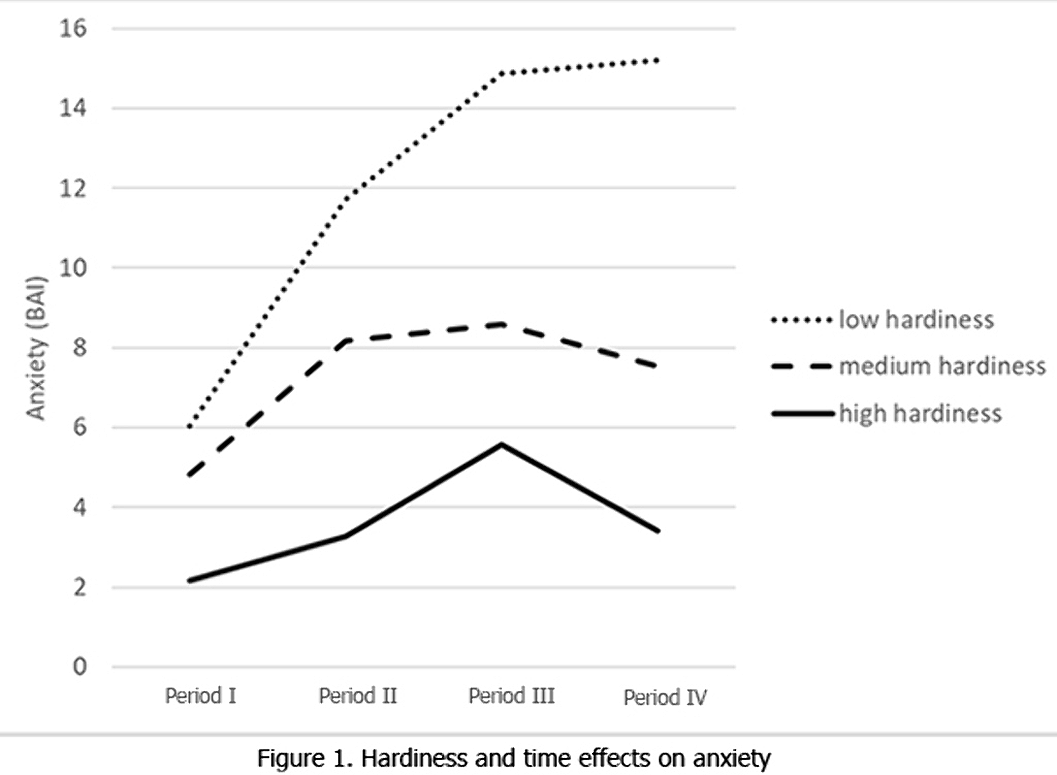Objectives: To evaluate the relationship of psychological resilience to persistent post-concussive symptoms (PCS) in children with a history of single or multiple concussions, as well as orthopedic injury (OI). Methods: Participants (N=75) were children, ages 8–18 years, who sustained a single concussion (n=24), multiple concussions (n=25), or an OI (n=26), recruited from a tertiary care children’s hospital. All participants sustained injuries at least 6 months before recruitment, with an average time since injury of 32.9 months. Self-reported psychological resilience was measured using the Connor-Davidson Resilience Scale, and both self- and parent-reported PCS were measured using the Post-Concussion Symptom Inventory. Hierarchical regression analyses examined psychological resilience as a predictor of PCS, both as a main effect and as a moderator of group differences. Results: Multiple concussions and low psychological resilience were both significant predictors of persistent PCS. Resilience was not a significant moderator of group differences in PCS. Conclusions: Sustaining multiple concussions may increase a child’s risk of persistent PCS; however, high psychological resilience may serve as a protective factor, regardless of the number or type of injuries sustained. These findings provide support for developing and testing interventions aimed at increasing psychological resilience as a potential means of improving outcomes for children suffering from persistent PCS after concussion. (JINS, 2018, 24, 759–768)


